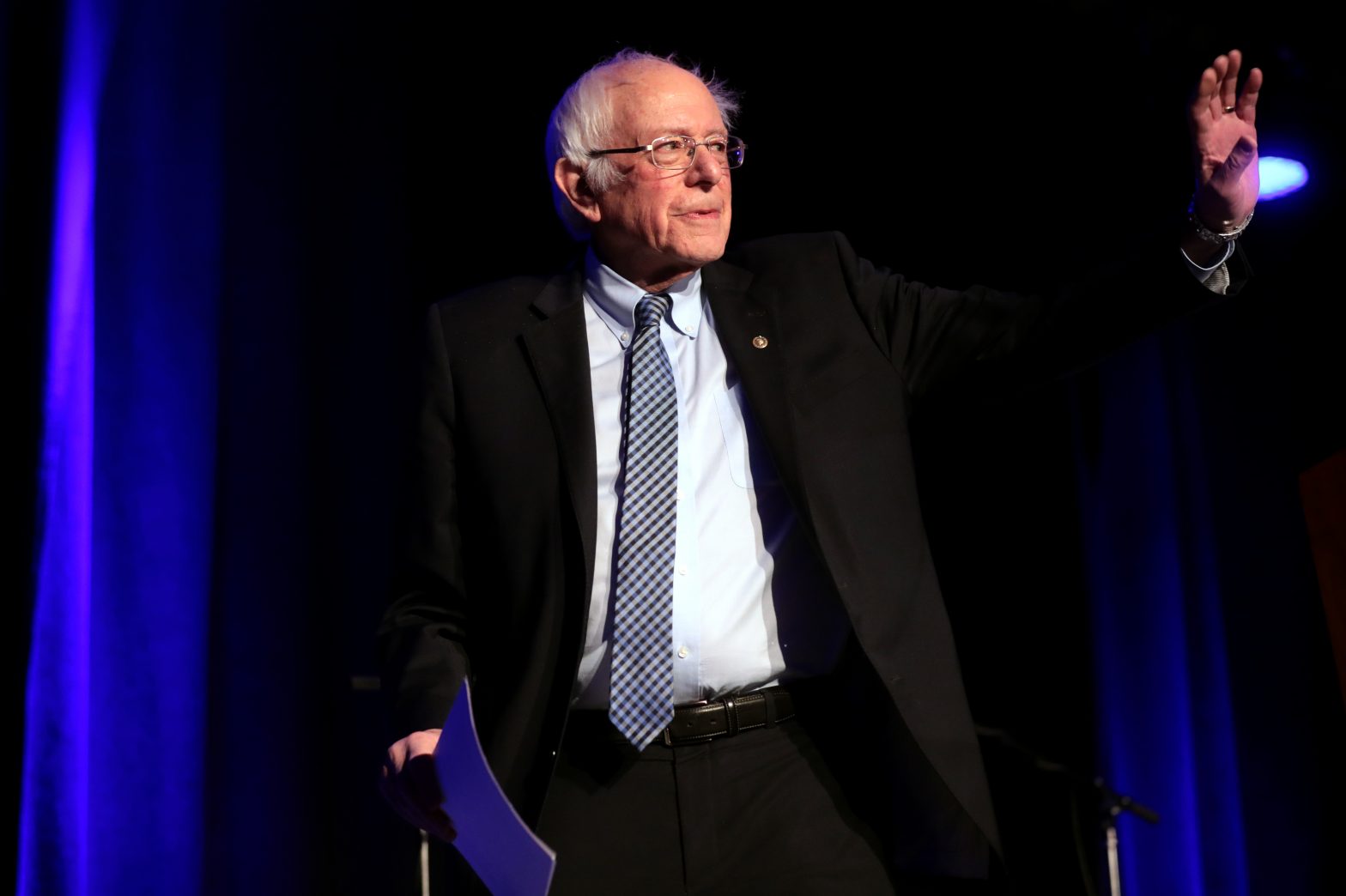By Sofia Heartney
Sen. Bernie Sanders is coming to the University of Virginia this week as part of his book tour for the recently published It’s OK to Be Angry About Capitalism. A former presidential candidate who identifies as a Democratic Socialist, Sanders will appear at Old Cabell Hall at a UVA Center for Politics event on Thursday, March 2.
Several factors had to align for the Vermont senator to visit UVA.
“It just happened that someone we knew had access and offered him to us,” says Glenn Crossman, director of programs at the Center for Politics. That person knew that UVA was looking for a speaker and that Sanders “wanted to make sure that he did one free event [during his book tour], and he wanted to make sure that it was at a university.”
Sanders, who’s serving his third term in the U.S. Senate, will be interviewed by Robert Costa, a CBS News political reporter and a resident scholar at the Center for Politics. The senator will arrive in Charlottesville from Washington, D.C., for the event, and go back to D.C. immediately after it ends. Therefore, there won’t be time for an audience Q&A or a meet-and-greet with him. His next stop is Los Angeles.
Tickets for the event were free, but sold out quickly, exceeding the center’s predictions. There will be a stand-by line for those who weren’t able to get tickets to fill any unexpectedly vacant seats.
Sanders’ visit to the university comes near the middle of his book tour, which consists of six stops, and began in Brooklyn, New York, on February 20, and ends on March 13 with a virtual event. His publisher describes It’s OK to Be Angry About Capitalism as “a progressive takedown of the uber-capitalist status quo that has enriched millionaires and billionaires at the expense of the working class, and a blueprint for what transformational change would actually look like.”
Getting speakers to UVA is arduous, and requires extensive planning. People often agree to speak at the university “because we’ve worked on their office for a couple of years,” says Crossman. The center starts by creating a list of potential speakers, including some “wish-list” folks. According to Crossman, if they start by trying to get just one particular person, “you’d never have any speakers.” Once they decide on potential guests, the department calls their offices to get to know the people who work the phones, and build connections through the reputations of both the Center for Politics and Larry Sabato, who founded it in 1998.
The Center for Politics has several other programs “to educate citizens to be better citizens,” says Crossman. It creates free civics materials for K-12 classrooms through the Youth Leadership Initiative; hosts overseas delegations hoping to learn more about democracy and civic participation through the Global Perspectives on Democracy program; and produces election predictions through its Crystal Ball newsletter.
Nonpartisanship is a priority for the center, and it tries to have “diversity in every possible way there is,” including in ideology, says Crossman. Last year’s keynote speaker was former vice president Mike Pence. And “it didn’t seem crazy to us that we would host Bernie Sanders a year later,” Crossman says of the March 2 event, which won’t be livestreamed, but will be recorded, and is expected to be made available near the end of Sanders’ book tour.
